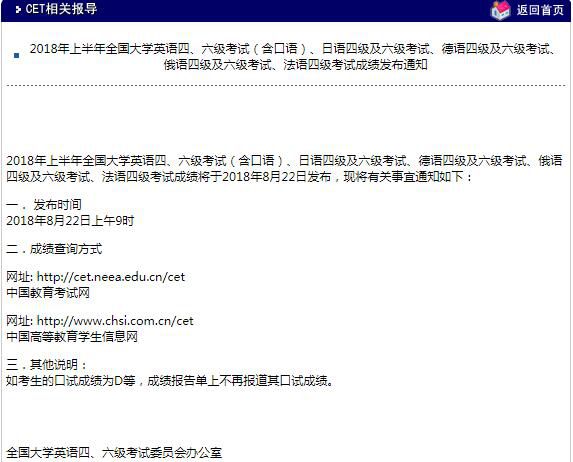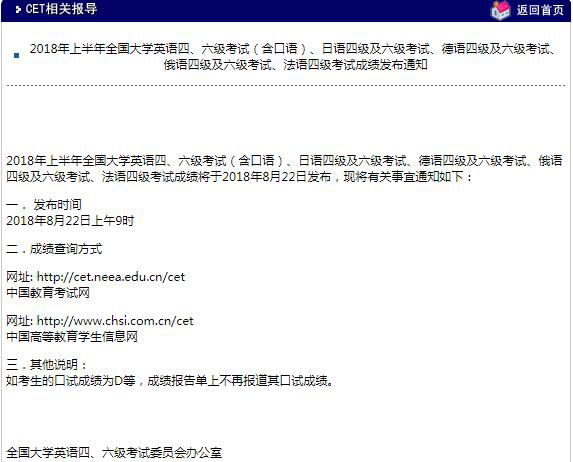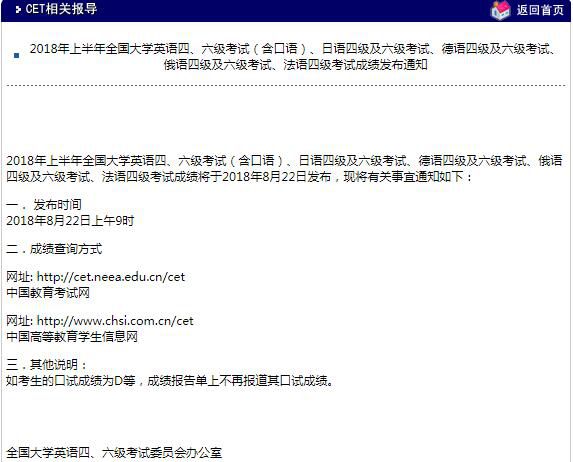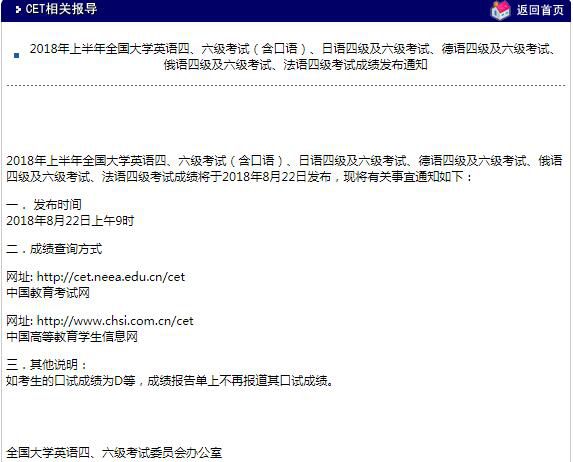WB chief says nation's stimulus package constructive
|
China's economic stimulus package is "constructive" and its economy may grow faster next year than the World Bank forecast of 7.5 percent, bank president Robert Zoellick said yesterday. "The initial action China has taken in terms of fiscal expansion and easing monetary policies strikes me as constructive," he said during his visit to Sichuan province yesterday. The World Bank's latest forecast put China's GDP growth next year at 7.5 percent, well below last year's 11.9 percent. "I'm always somewhat cautious about forecasting," Zoellick told China Daily. "I think much will depend on the stimulus activities the Chinese government takes, and it partly depends on the world economy." The US economy, one of the first to be trapped by the global financial crisis, could be one of the first out of trouble, he said. Hopefully it would start stepping out of recession by late next year 2009, as some economists have forecast. But uncertainties remain. "It's hard to tell, and it depends on the policy actions." Forecasts for the Chinese economy vary greatly. While some research institutes have said the economy could grow only 6 percent next year, the Chinese Academy of Social Sciences, the country's top think tank, announced that it could achieve a 9.3-percent growth because of the government's forceful economic stimulus plans. China's exports in November fell 2.2 percent year-on-year, the first drop in seven years, and its industrial output growth tumbled from 16 percent in June to 8.2 percent in October. Zoellick said: "The best thing China can do for the world economy is to get its own economy growing again." The country should take advantage of the current crisis and restructure its economy by accelerating its shift from exports to boosting domestic demand for its growth. Governments across the world need to make more efforts to help lift the ailing world economy, he said. "I don't mean to be critical, but they need to continue to be innovative. For example, in the US, the first response was to deal with individual institutions, and now there's a recognition that the policies need to be more broad and systematic." Zoellick pledged to pump in more resources to help developing countries that have been hit hard by the crisis and grant more say to the developing world in the World Bank's decision-making process. Zoellick is on a four-day visit to China, which started on Saturday, to discuss the global financial crisis with Chinese officials. He met with Sichuan Party chief Liu Qibao yesterday to discuss what the World Bank can offer to help Sichuan reconstruct the areas devastated by the May 12 earthquake, which killed more than 68,000 people. The bank could approve a $710-million emergency loan next month for Sichuan and Gansu, another province that suffered from the quake, Zoellick said. |








